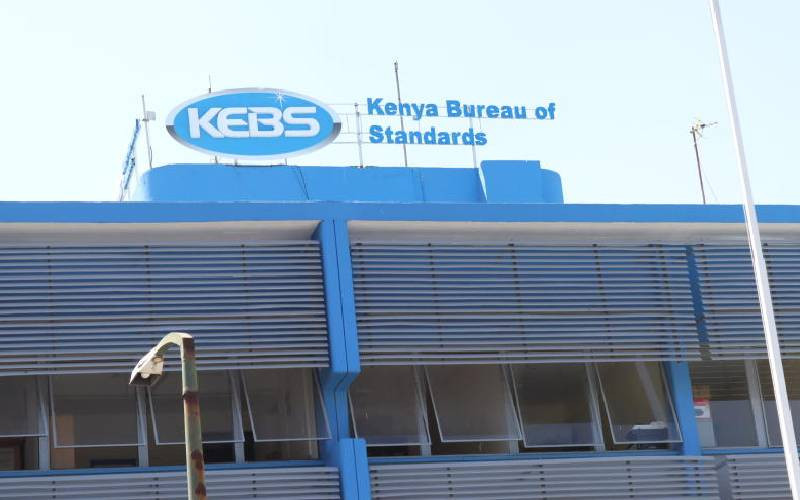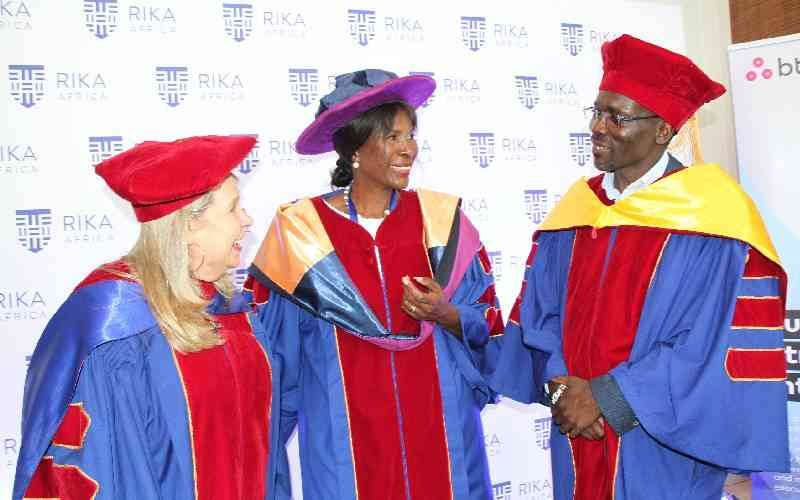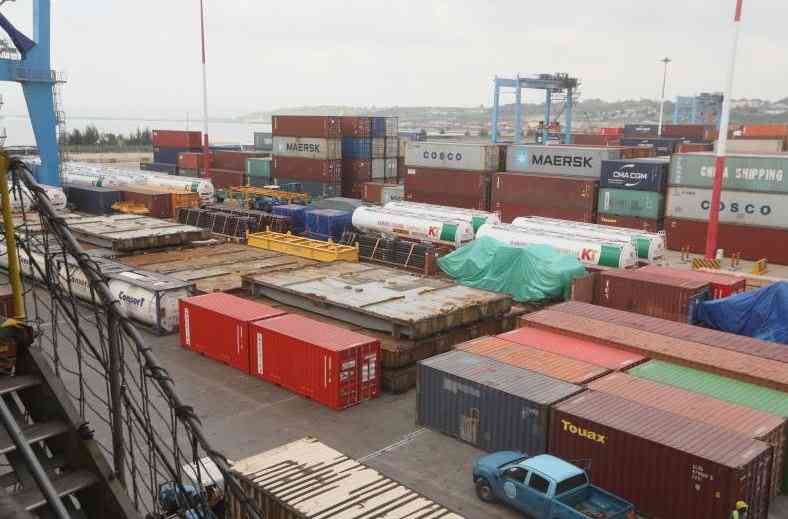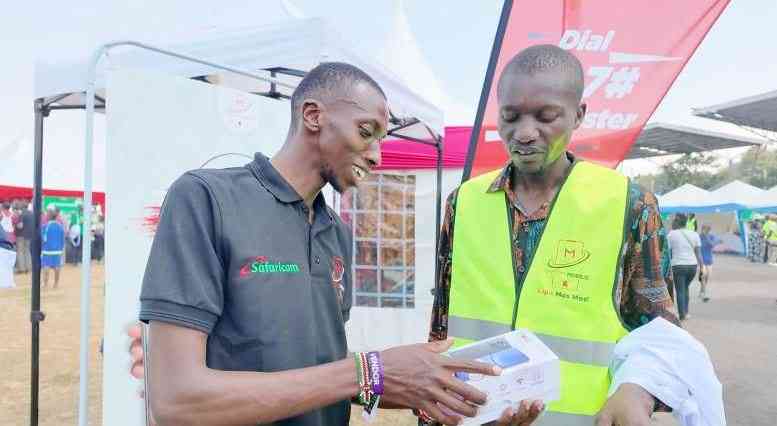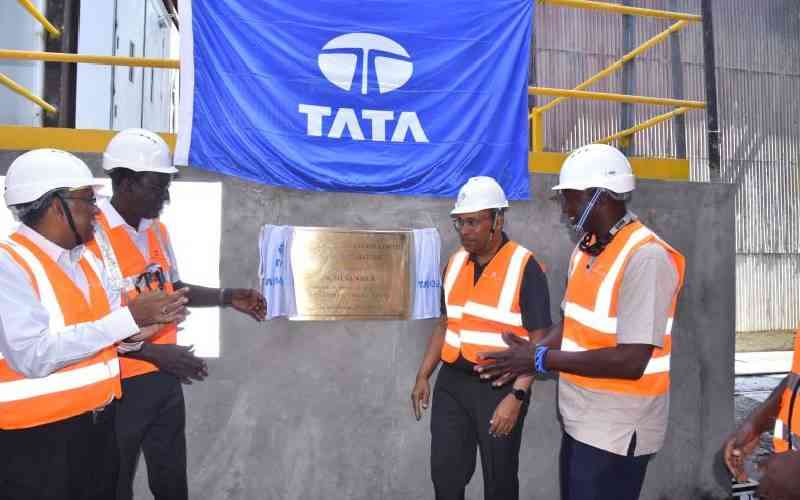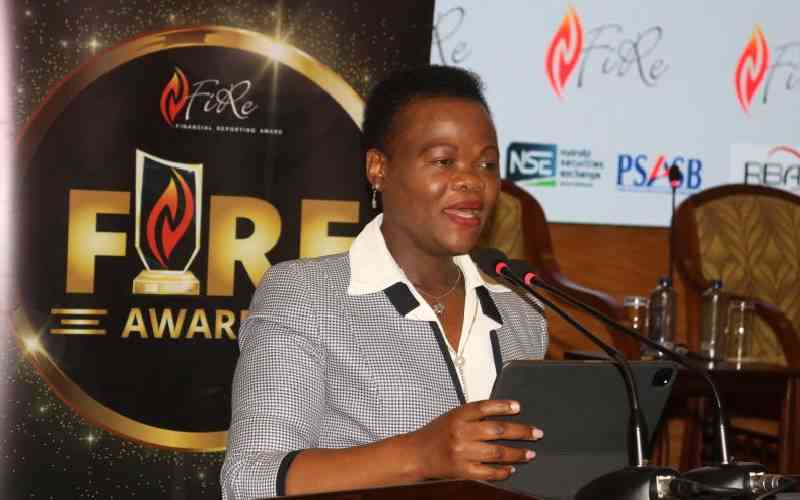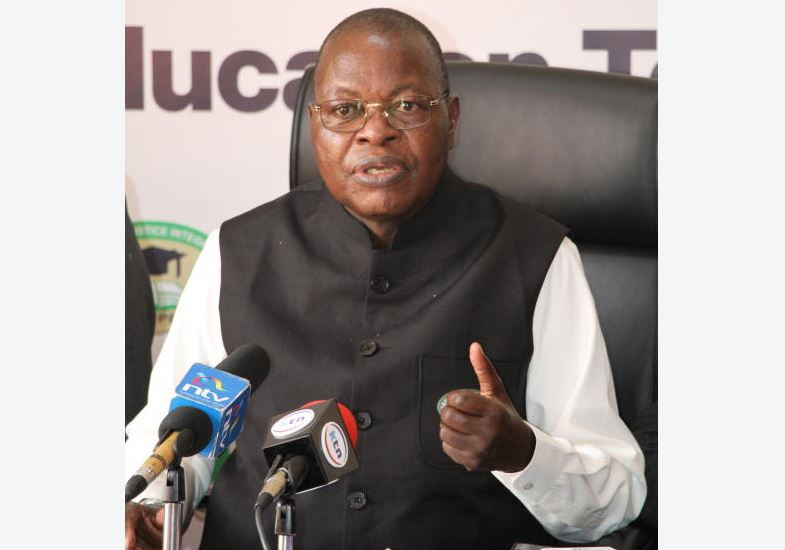
The Kenya Union of Post Primary Education Teachers (Kuppet) has called for a national conversation on the future of free education, warning that the current model is unsustainable and threatens the future of millions of children.
Speaking on Saturday, Kuppet Secretary-General Akelo Misori argued that education is a costly venture and that parents must be prepared to shoulder part of the burden.
“Education is not a cheap matter—it is very expensive. Someone has to pay for it. If taxpayers alone cannot support free education, then parents must be ready to dip into their pockets,” Misori said from his office.
He proposed a national forum involving political leaders and education stakeholders to deliberate on a sustainable, long-term policy for public education funding.
Cover deficits
Misori’s remarks align with recent sentiments from MPs and secondary school heads, who have urged the government to allow schools to charge parents to cover deficits.
Kenya Secondary School Heads Association (Kessha) chair Willy Kuria echoed these concerns, revealing that schools are only receiving Sh16,900 per learner, far below the required Sh22,244.
“Parents believe everything is paid for, but that’s not the reality. If the government only provides Sh16,000, how are schools expected to meet the shortfall?” Kuria told The Standard.
Misori urged Parliament to introduce a supplementary budget before schools reopen for the third term later this month.
“The President says he’s listening to Kenyans and protecting our rights—we take him at his word, but action must follow,” he stated.
He also appealed to the Treasury and Parliament to increase funding for secondary education to ensure schools receive full capitation.
Concerns over education financing have intensified in recent weeks after Treasury Cabinet Secretary John Mbadi admitted that the free education programme is not financially sustainable.
In response, President William Ruto assured the public that his administration remains committed to free education. However, he warned that unless Parliament approves a supplementary budget, his promise would remain symbolic.
“The current allocation of Sh54 billion translates to only Sh16,900 per learner. A revised policy framework and budget are urgently needed,” Ruto said.
Stay informed. Subscribe to our newsletter
The National Parents Association (NPA) chairman, Silas Obuhatsa, also urged the government to restore full funding to prevent a collapse of the public education sector.
Teacher recruitment
In addition to funding concerns, Kuppet is demanding immediate recruitment of 20,000 teachers, a pledge made by the President during Labour Day celebrations. Misori highlighted a critical shortage of over 106,000 teachers, particularly in Junior Secondary Schools (JSS).
Kuppet also reiterated its opposition to the placement of JSS in primary schools, advocating instead for the original transition plan by the late Education CS George Magoha. The union argues that secondary schools, which already have the necessary infrastructure, would be better suited for JSS.
“Equipping 23,000 primary schools for JSS is costly, while over 12,000 secondary school classrooms and laboratories remain idle. The problem isn’t just a lack of teachers or equipment, it’s a fundamentally flawed structure,” Misori stated.
